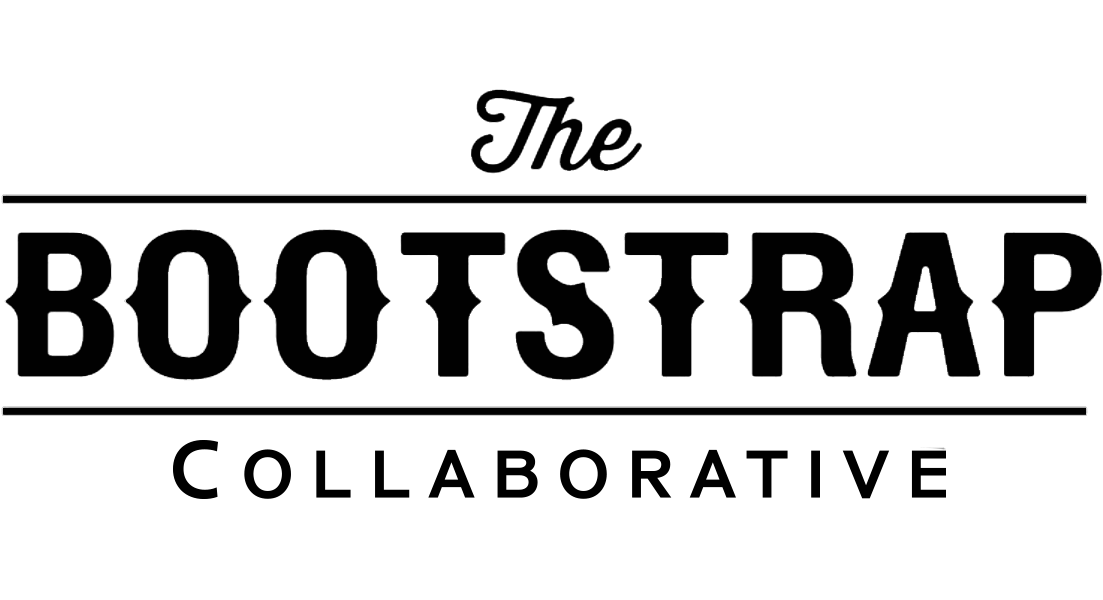Investments
Typically when people read the word “investments” they think about different types of personal savings vehicles for retirement. When you add the word “business” to saving vehicles, ideas like rainy-day funds, strategic planning, or even risk-management come to mind. Today’s blog post focuses on different investments you make in your business. Specifically, I’m referring to investments you make into yourself as the owner, founder, entrepreneur, or key person that you are in your business.
Oftentimes, we hear the term side hustle. Entrepreneurs will work on a business idea on the side so they can keep their regular paychecks coming in. This allows for the funds needed to support all the work that needs to happen to get the side business off the ground and more profitable. Sometimes, the goal is bringing in extra cash. Other times, the goal is to find a way to take a passion, talent, or need and transform it into a business. Whatever the size or even the timeframe, the concept of investing into a business is foundational.
Businesses need money. We hear the terms seed capital or funding thrown around regularly. Funds are used to buy inventory and supplies. They might be needed to purchase specific tools or equipment. Another key expense is labor. Labor could include specialized services that you cannot do yourself. It could be for some part-time, entry level work to free you up for other tasks. There are lots of hungry mouths to feed on the expense line. As a result, businesses require regular money investments to survive and grow.
We’ve all heard that time is money. Time is especially important with entrepreneurship. How much time are you investing into the business? If that time is of the “a little here and a little there” variety, I bet your business isn’t moving too quickly. Making the decision to invest your time is one of the most important decisions you make in your business. If you have already made that decision to start a business, the more important question is not if you should invest your time, but HOW you should invest your time.
How you invest time into your business directly correlates to both the health and profitability of your business. For example, if you choose to invest time into acquiring more customers, you have a much higher likelihood of doing just that rather than reducing costs or any one of the many other demands on your time as an entrepreneur. If your business is weak in a specific area, as you invest time and resources into that area, it should improve.

Make the decision to invest into yourself. As the key person, your skills, weaknesses, and level of motivation will either advance or cripple your business. As you improve your skills and motivation, your business will also improve. This could involve a workshop with a subject matter expert or maybe time dedicated to help improve something challenging. It could be more of the motivational type and help you with your personal energy, organization, and drive. Maybe it’s networking related- it’s not what you know, but who you know…
CWC’s Bootstrap Collaborative connects you with a variety of different events and training opportunities. Investing your time is just as important, if not more important than the money you invest into your business. Look for those investments that will give you a great return. With time investments, that looks like increased confidence, skill sets, and motivation. Recent events with the Bootstrap include: Training and Book Signing by Best-selling author, speaker, and podcaster Carlos Whittaker, Kyrie Blaney, Celebrating Indigenous Business and Powwow, and Business Taxes with Reddon, Koehn, and Associates CPA firm.

Hope to see you investing into yourself and your business with a Bootstrap training or event soon!

